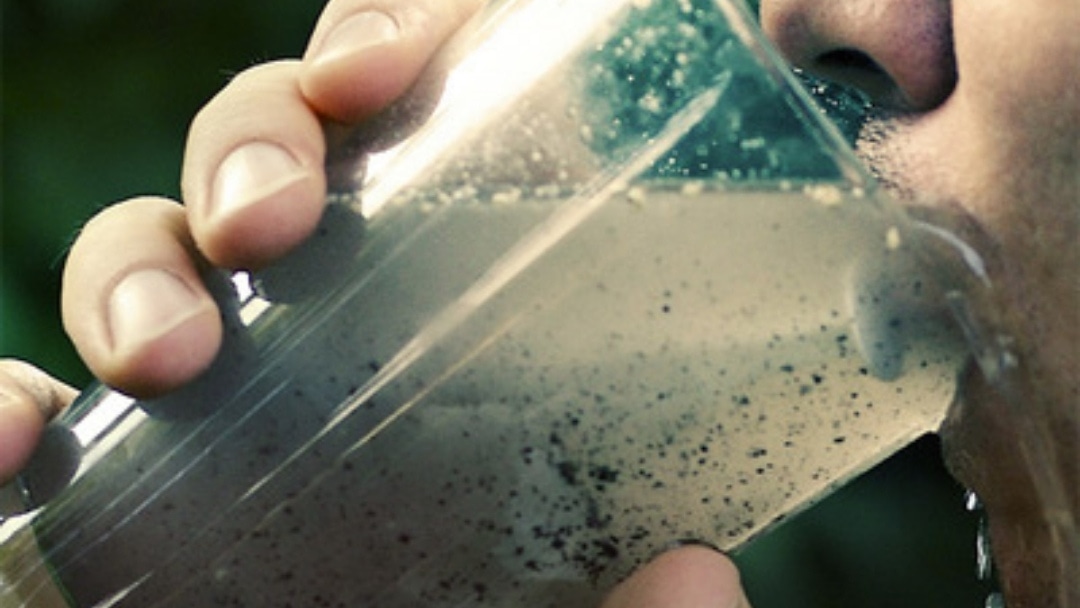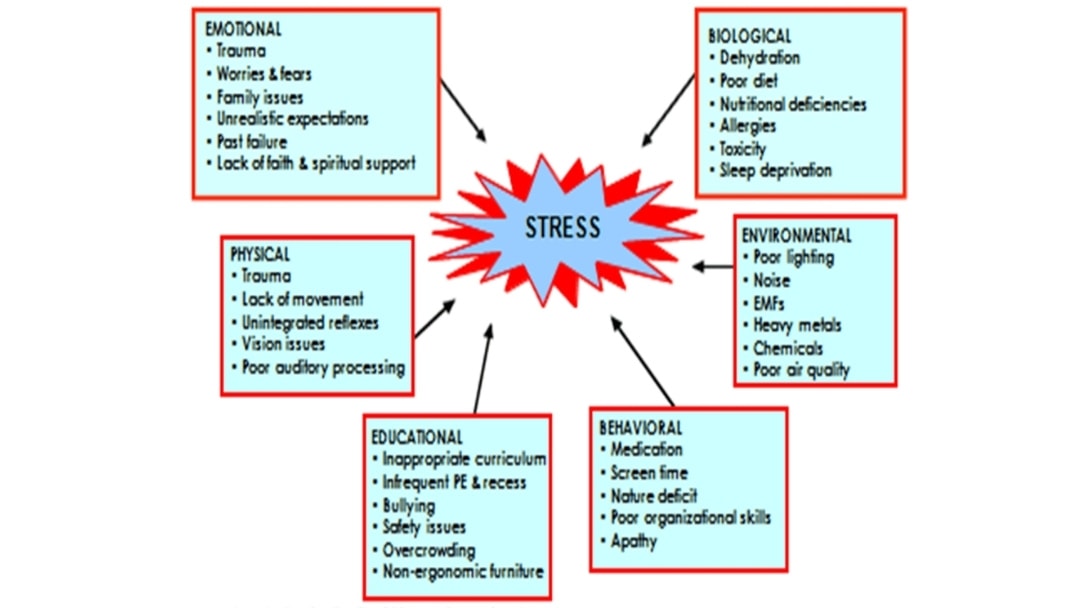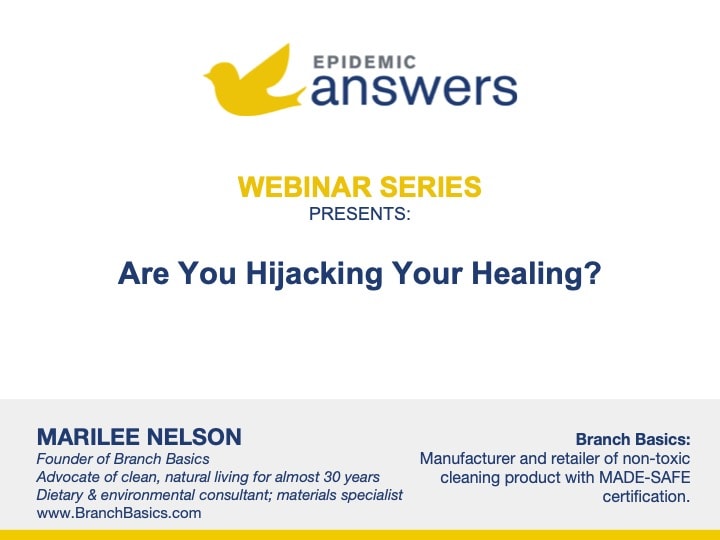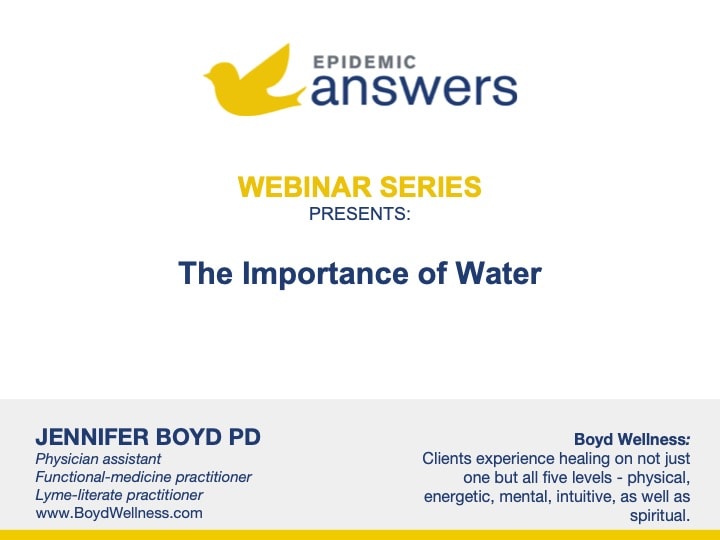Patricia Lemer discusses environmental toxins in this article as this generation of children is living in a world with more toxicity than any before.
This generation of children is living in a world more riddled with chemicals, toxins, and unnatural substances than any before. Despite massive efforts of individuals and advocacy groups to clear the air, food and water, people are eating, drinking and breathing substances which put enormous stress on their bodies. The end result is immune systems that are working overtime.
Add to this mixture a child who may be born with less capacity to deal with poisons (in part because the parents’ immune systems were also overloaded) and drugs to treat frequent illnesses, and what you get is a perfect formula for developmental problems ranging from attention deficits to autism.
As a diagnostician by training, I have spent over 25 years testing for educational problems. I evaluate a child’s motor skills, language, perception, reading, writing, and arithmetic. The resulting scores tell me the strengths and weaknesses. Educators use these scores to decide categories of disability in which a child may qualify to receive special education services.
These difficult behaviors and symptoms that mothers and fathers see early in development are then given a label.
So what is the problem?
Evaluating a child’s strengths and weaknesses and reaching a diagnosis has become an odyssey that ends there. We can now tell the child that he/she has a mis-wiring of the brain, and that we now know why it is impossible for him to sit through dinner, read a book or answer simple questions.
It is more meaningful to do something that will help rather than label and blame the child. To accomplish this, I propose that we look at the child’s environment and its components, and make changes there that will benefit the child.
Chemical Environment
First and foremost is the chemical environment. If a child’s immune system is processing chemicals, the brain has little energy to deal with sitting still, talking, listening, reading, and writing. Here are some suggestions:
- Take the chemicals out of your house by using natural alternatives for fleas, termites, head lice and scabies.
- Eat natural foods without preservatives, additives, colors and flavors.
- Buy water that is not laced with chemicals.
- Wear clothes made from natural fabrics such as cotton, linen, silk and wool.
Home Environment
Second is the home environment. Here are my recommendations for improving life at home:
- Provide a structured, organized, consistent daily routine at home.
- Give children a schedule that is broken only on special occasions.
- Have a wake-up time with morning rituals including breakfast.
- Assign everyone a chair at the table with an eye to special needs such as a cushion, footstool or arms to provide comfort and stability.
- For young children, use child-sized utensils, plates and cups.
- After daycare or school, have an evening routine.
- Have consistent times for parent-child play and bedtime rituals.
- Ensure adequate sleep. Many children with developmental delays are not getting adequate sleep. Eleven hours are essential for children through age twelve.
- Providing an individual bed, special toys, books, and sleepwear, as well as darkening the room at bedtime, all encourage children to regulate themselves to fall asleep. Parents sometimes stay with their children or put them in their beds to assist them. Initially this can be helpful, but it does not allow the child’s own nervous system to learn how to regulate itself.
School Environment
The final environment to look at is school. Many of our schools have lost sight of what is developmentally appropriate. Most kindergartens now have reading groups and journals. Five year olds still need a great deal of movement and are rarely ready to sit for lengthy periods of time and perform abstract tasks such as associating sounds with symbols to use phonics.
Parents MUST stop the run-away train of teaching academics prematurely. Educators will listen to you before they will listen to outside experts like me. Here are my suggestions:
- Look at the food the schools are offering children for snacks and rewards.
- Offer healthy alternatives to sugar and chemical-laden products.
Epidemic Answers supports focusing on healthy environments, including structured, nurturing, natural, developmentally appropriate places in which children may grow and learn. Before spending endless hours and dollars looking for the right label for a child, look at the environment. These fish are not sick; their water is dirty.
About Patricia S. Lemer LPC MEd
Patricia S. Lemer is a licensed professional counselor, holding a Masters of Education in counseling and learning disabilities from Boston College and a Masters in Business from Johns Hopkins University. She practiced as an educational diagnostician for over 40 years.
She was a co-founder and served as Executive Director of the international non-profit organization Developmental Delay Resources (DDR). After DDR merged with Epidemic Answers, she became Chairman of the Board. When she retired from the board, she became an emeritus board member.

She is the author of three books, the most recent of which is Outsmarting Autism, Updated and Expanded: Build Healthy Foundations for Communication, Socialization, and Behavior at All Ages (North Atlantic Books, 2019).
Lemer wrote over 50 editorials for "New Developments," the quarterly newsletter of Developmental Delay Resources (DDR), from 1995 - 2009. When DDR wound down, she wrote an online blog, "After the Diagnosis, Then What?" from 2009-2017. Her articles and blogs have been updated and archived on the Epidemic Answers website.
Since 2019, Patricia Lemer has recorded a bimonthly podcast, "The Autism Detective." In these hour-long shows, she interviews parents and professionals about their experiences in maximizing the potential of individuals on the autism spectrum. Over 100 episodes are available on Spotify and other online platforms. To learn more, go to PatriciaLemer.com and OutsmartingAutism.com
Still Looking for Answers?
Visit the Epidemic Answers Practitioner Directory to find a practitioner near you.
Join us inside our online membership community for parents, Healing Together, where you’ll find even more healing resources, expert guidance, and a community to support you every step of your child’s healing journey.




